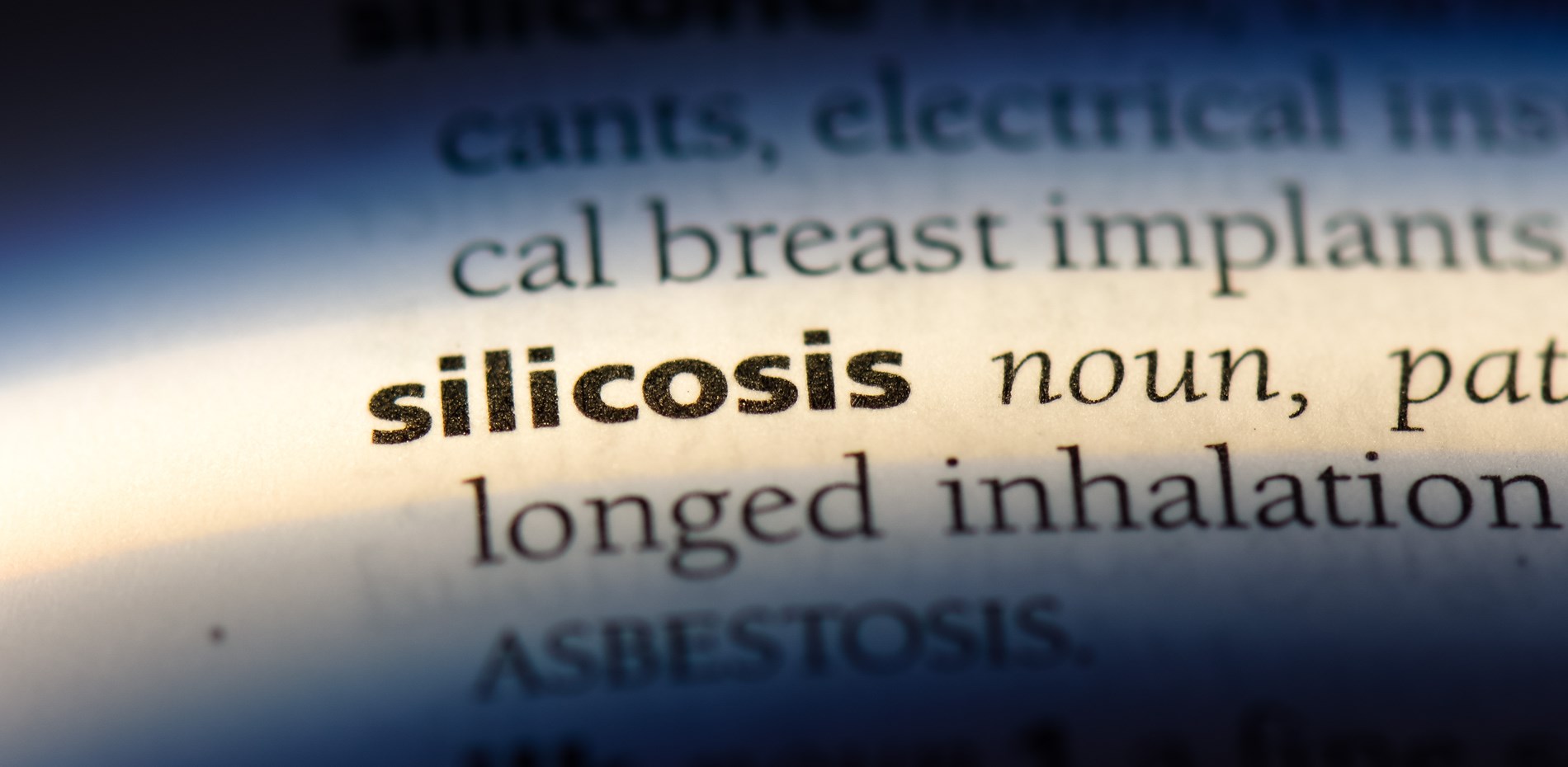Matters of Urgency
No worker should ever get a terminal illness just because they rocked up to work. No worker should get a terminal illness because they installed the shiny benchtop that I was very excited about back in 2009. We hear that since 2014 people have been making a call on legislators right around the country to say this has to stop, and it has to stop now. I dread to think how many people in the time that artificial stone, or silica, benchtops have been around—I guess it's since the nineties; I can't quite recall how long—have unnecessarily acquired a fatal disease because we did not act soon enough.
While primary responsibility for work health and safety rests with the states and territories, that is no excuse for not taking a leadership position nationally and getting it done. When I asked questions at estimates in previous years, our national work health and safety agencies at the time said, 'We can't say anything about this because we are in the hands of the states.' To me that was a crying shame, because very clearly, based on the scientific evidence and the health research, they should have been able to say, 'It is clearly in the public interest to ban this product, and we would encourage the states and territories to do so.' There is no excuse not to play a leadership role to get this done.
The details of the national response, I understand, are going to be finalised on 13 December at a meeting between all work health and safety ministers, chaired by Minister Burke, because this has to stop but we also know we have to mitigate the risk of acquiring this disease from products that we can't ban. It might be silica dust from mines, quarries, roads, tunnel construction projects for public transport, cement, concrete and excavating.
These are all projects and products that present a silica risk and where we have to be absolutely proactive in ensuring the highest standard of occupational health and safety, such as the wearing of masks and the use of extraction fans. In talking to the CFMMEU just yesterday, I heard a story about a woman who had acquired silicosis just from working in reception at a quarry. Perhaps the extraction fans out the back weren't going and she was particularly susceptible, or perhaps there's a large cohort of people who have been exposed in a workplace like that.
Unions around the country—the CFMMEU, the AMWU—have worked very hard on this. They had a recent win in seeing Bunnings, in response to silicosis, make the call to stop selling engineered stone by the end of the year. They're now calling on Ikea to do the same. The states and territories have unanimously agreed to our government's recommendation to fast-track consideration of a ban on unsafe engineered stone. I expect the logical conclusion to this would be also to ban its import, because if it's not a legal product here then we need to make sure we also stop it at our borders.
Finally, we have to keep moving on preventing this kind of disease into the future. When someone renovates or demolishes my house in the future, that benchtop will be there—just like the painted-over asbestos in the laundry. We will have to continue to innovate in how we regulate this product for many years to come, just like we do with asbestos. We've got to have safe disposal of it and we've got to stand up for workers.

